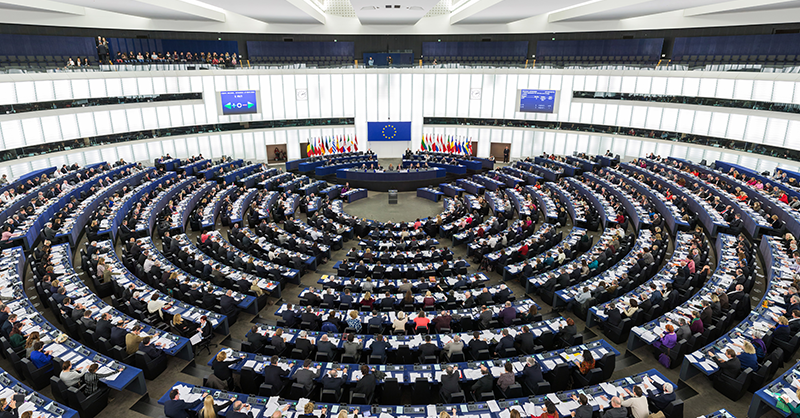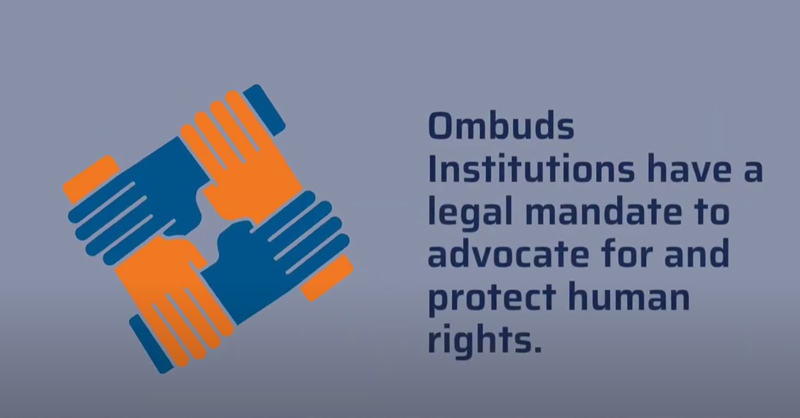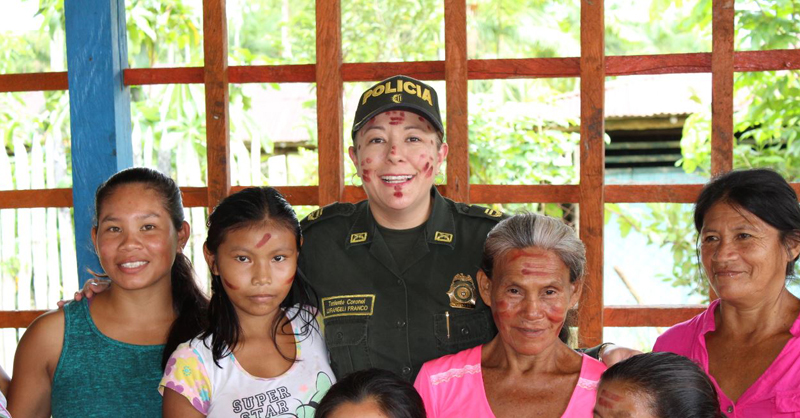Rooting out security sector corruption with the rule of law
Imagine that you are out in your local community running your regular errands when a police officer stops you. Without giving an explanation, he arrests you and takes you to the police station. There, other officers question and intimidate you, holding you without charge, and never offer you legal representation or inform you of your rights while in custody. In such a scenario, these law enforcement officials have no accountability and this failure to respect the rule of law allows corruption and human rights violations to flourish with impunity.
The rule of law is a fundamental element of democratic governance which states that the law of the land applies to all people, institutions, and entities, including the state itself, equally and impartially. Laws must be clear, publicly circulated, equally enforced, and independently adjudicated. The law must also be consistent with international human rights norms and standards.
In the clearest terms, the rule of law ensures that nobody, not even the government itself, is above the law. It protects against corruption by placing the actions of authority figures, state agents, institutions, and politicians under public and legal supervision. This oversight and scrutiny ensure that human rights violations are visible, and it protects whistleblowers by providing the legal means to report wrongdoing.
In the absence of accountability there is a tendency to feel animosity toward the state and to believe it lacks legitimacy.
- Fola Aina, 2021 Winner of the DCAF Young Researcher Award
FOUR ASPECTS OF THE RULE OF LAW IN THE SECURITY SECTOR:
1. Parliaments oversee the budgets and functioning of national defense institutions, ensuring that public funds are used responsibly. Their watchful eye is critical to preventing fraud, such as “ghost soldier” schemes, in which military leaders pocket the salaries of nonexistent troops. Elected officials also supervise national security institutions and monitor international military interventions, which helps balance executive power and reinforce transparency.

-> Parliamentary oversight of security institutions: what it is and why it matters
2. The private sector, just like individuals and government institutions, is subject to the rule of law. Private military and security companies are responsible for ensuring that their contractors respect both national and international legal standards. For example, security contractors guarding a mine site cannot use excessive force to apprehend trespassers or unlawfully detain peaceful protestors. International frameworks such as the Montreux Document, the International Code of Conduct for Private Security Service Providers, and the Voluntary Principles on Security and Human Rights establish clear legal and normative standards for security forces. These frameworks also oblige governments to take responsibility in ensuring the private sector upholds human rights.

-> DCAF-ICRC Toolkit for Addressing Security and Human Rights Challenges in Complex Environments
3. Ombuds institutions are independent oversight bodies that foster respect for human rights and prevent misconduct in the armed forces, law enforcement institutions, and the intelligence sector. They receive and investigate complaints from staff at all levels and arbitrate disputes. Ombuds institutions are accountable to a legislative or parliamentary body and are crucial mechanisms for investigating complaints, such as corruption among high-level leaders. Their oversight enforces the rule of law by promoting transparency and accountability within government institutions.

-> Ombuds Institutions’ Contribution to Security Sector Governance
4. Police institutions are entrusted with a broad range of duties to protect and uphold people’s rights. To serve this purpose, they are granted special powers, which, without adequate oversight, can allow for arbitrary or excessive use of force against civilians. The rule of law establishes standards of conduct and accountability measures to promote integrity within police forces, prevent corruption, and build trust between officers and the communities they serve.

-> SSG/R Champions: Meet Lt. Colonel Lurangeli Franco Rodríguez
ABOUT OUR WORK
DCAF has 24 years of experience promoting good governance and security sector reforms in more than 70 countries. Our programmes work with partners and stakeholders to root out security sector corruption through democratic governance and the rule of law. Follow along with our work on social media and in our newsletters, which you can find here. Get in touch with us to learn how we could support security sector reform in your institution.
 Share on Facebook
Share on Facebook Share on Linkedin
Share on Linkedin Share on Twitter
Share on Twitter